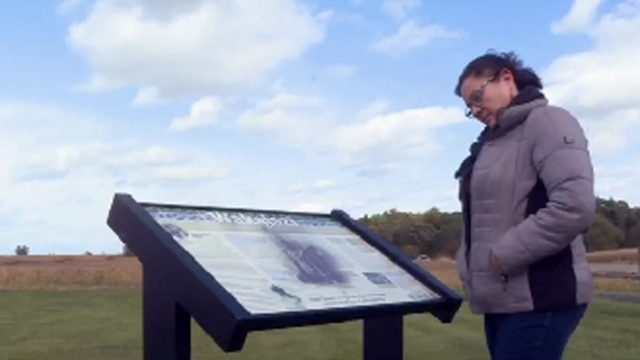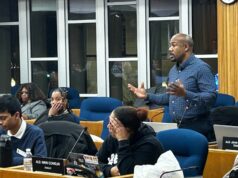
From our content partner Channel3000
MADISON, Wis. – A handful of states are celebrating their first Indigenous Peoples’ Day as part of a trend moving away from a day honoring Christopher Columbus.
New Mexico is scheduled Monday to mark its statewide Indigenous Peoples’ Day with an invocation by several tribal leaders in unison in their Native languages. There also will be a parade and traditional dances at the Indian Pueblo Cultural Center in Albuquerque.
In Wisconsin, Gov. Tony Evers and Lt. Gov. Mandela Barnes signed an executive order Oct. 8, that declares the second Monday in October as Indigenous Peoples’ Day in the state.
Wisconsin is home to 11 recognized American Indian tribes. Oneida Nation Chairman Tehassi Hill said the change has been a long time coming and can serve as an educational tool about tribal culture and history.
Sauk County and Ho-Chunk Nation celebrated Indigenous Peoples’ Day with a weekend full of events.
In Madison, Madison college is offering a free celebration event from 3-4 p.m. at the Goodman South Campus on Perry Street. Madison’s first Native American alder, Arvina Martin of District 11, will also speak about the importance of observing Indigenous Peoples’ Day.
In Milwaukee on Monday, Milwaukee County Parks renamed Columbus Park on West Courtland Avenue as Indigenous Peoples Park and the new park sign was revealed.
State offices in Maine also are scheduled to close in honor of the holiday. Maine, home to four federally recognized tribes, ditched Columbus Day in favor of Indigenous People’s Day with an April bill signing by Democratic Gov. Janet Mills.
Several states –from Minnesota to Vermont — have done away with Columbus Day celebrations in deference to Native Americans, though the federal Columbus holiday remains in place.

































